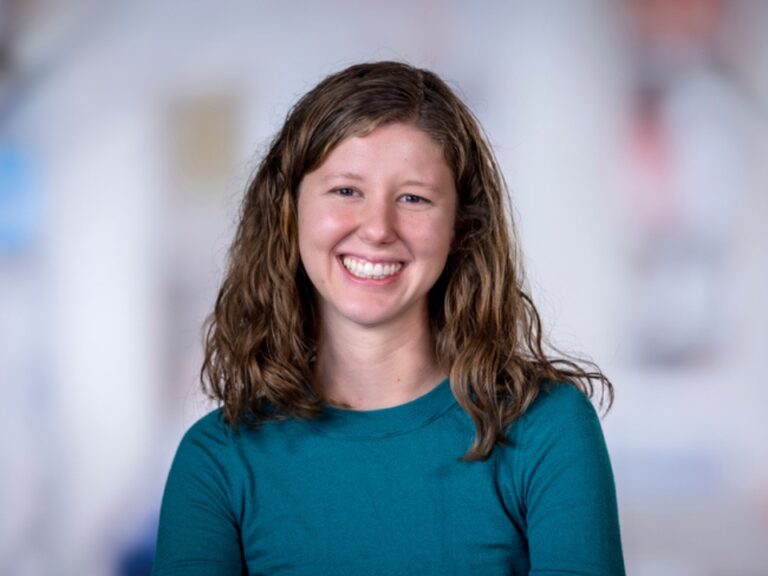A month after reporting to work in the top job at the University of Maryland Marlene and Stewart Greenebaum Comprehensive Cancer Center, Taofeek K. Owonikoko reflected on the obligations that come with being a Black director of an NCI-designated cancer center:
To access this subscriber-only content please log in or subscribe.
If your institution has a site license, log in with IP-login or register for a sponsored account.*
*Not all site licenses are enrolled in sponsored accounts.
Login Subscribe
If your institution has a site license, log in with IP-login or register for a sponsored account.*
*Not all site licenses are enrolled in sponsored accounts.
Login Subscribe










